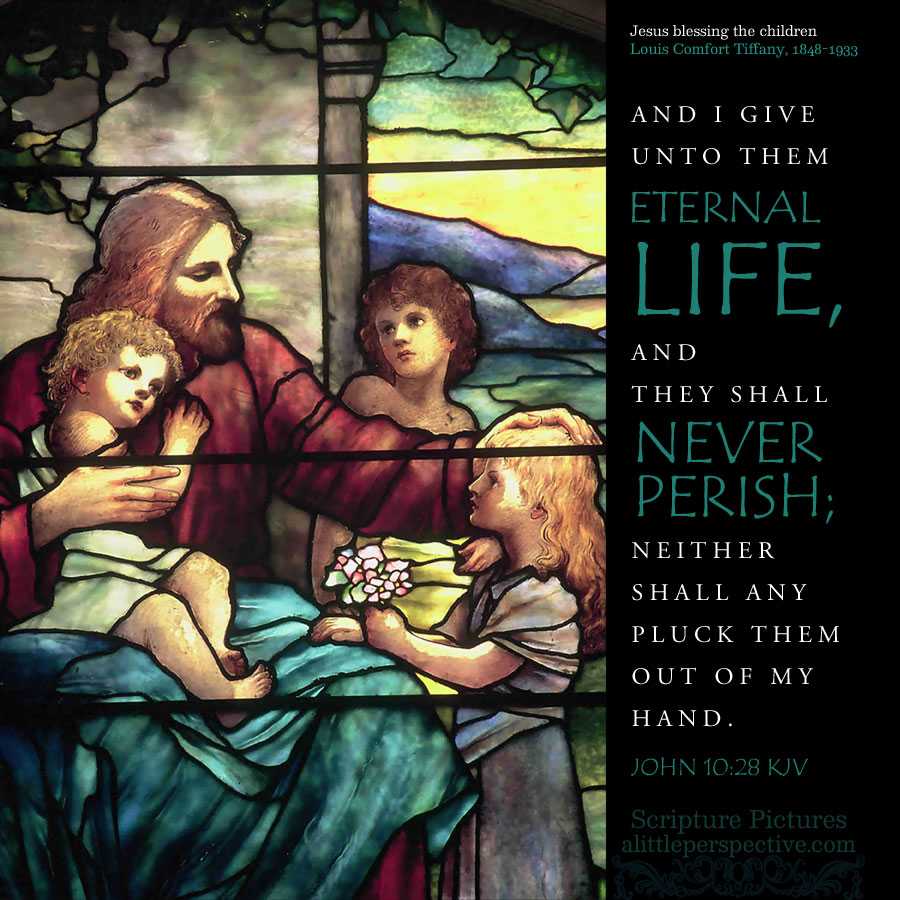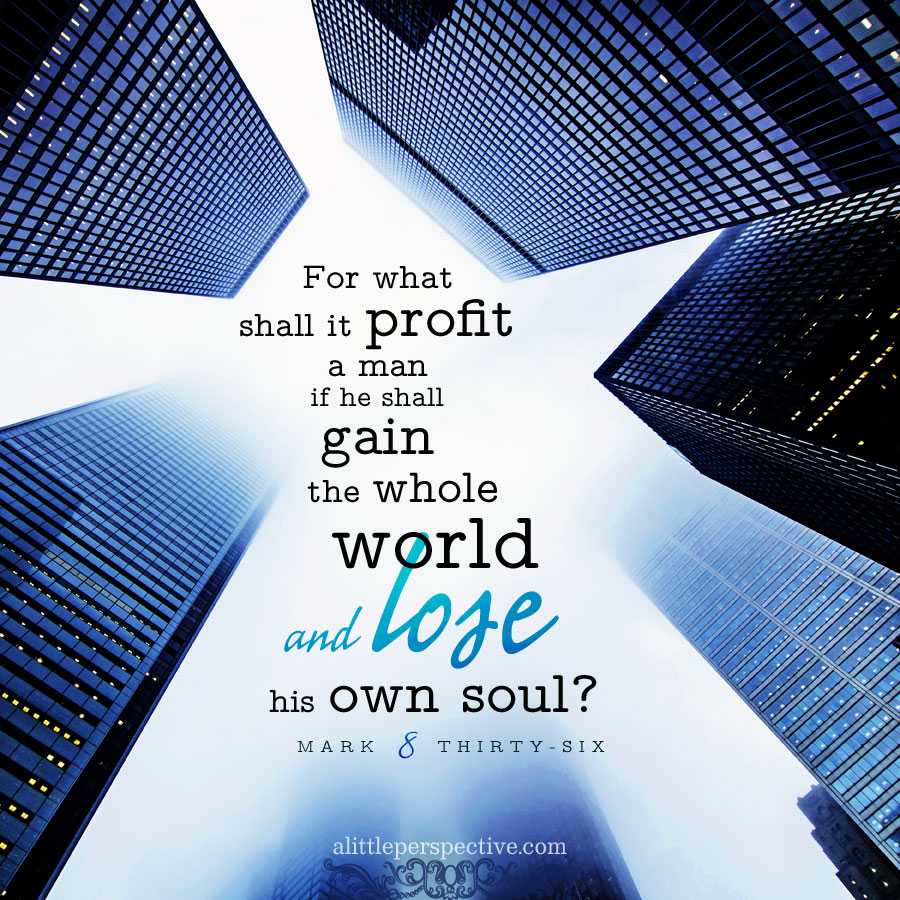Watch
Events
Articles
Market
More
Live at 10 AM Eastern Standard time, Lest We Forget. Listen where you get your favorite podcasts, use the player on our homepage or here https://www.spreaker.com/show/....give-god-90-episode- With a free account you can join the chat or leave a message, please consider liking and sharing these podcasts.




Now that we have covered the variations of the Names, let's talk about titles. People that have come to the understanding that God actually has a Name and it isn't 'God' or 'LORD', sometimes go on this tangent of you can never use those titles again. They are pagan, or they are insulting, or they are names of false gods. You name it, and pretty much there is a theory about it and why you shouldn't be using them.
If you have been around for any period of time on my comics, you know I still use God quite frequently. I see no issue with it, mainly because in the opening sentence to my Bible, that is what He refers to Himself as. He is introducing us to Him as "God". You might say "Oh, but that is English, and the word in Hebrew is אלהימ (Elohim)". And you would be correct, but as a native English speaker, when I speak to other native English speakers I am going to use English. If I go up to someone who has no Hebrew vocabulary and I start spouting Hebrew words, they aren't going to know what I am talking about. As I've already pointed out in previous comics in this section, God also refers to Himself as Lord, or אדני (Adonai) in Hebrew.
I do want to cover a couple of the common objections you might hear on these titles. While not directly stating it, I've covered the "disrespectful" line of thought. If it was disrespectful to call God 'God', then He wouldn't have introduced Himself as such in the opening to His Book. Or have Himself referred to as 'God' almost 2,000 other times. Or 'Lord' almost 400 times.
There is a line of thought that 'God' originated from the Hebrew 'Gad' (according to Strong's pronounced 'gawd'), which is a false god of fortune (Isaiah 65:11). The etymology of the word 'god' in English shows that it comes from the Old High Germanic 'got', which has no evidence of being borrowed. *IF* it was borrowed from Hebrew, it would be closer to the word גת, which is used in 1 Samuel 5:8 and means winepress. What is interesting about this theory is it seems to ignore the fact that גד (Gad) is used 71 other times in Scripture, referring to either the son of Jacob, the tribe of Gad, or a prophet in David's time.
I'll leave you with this to consider. Abraham was considered a friend of God (Isaiah 41:8), and to God's face, he called Him 'Lord' (אדני) several times while pleading for Sodom and Gomorrah.
https://thestraightandnarrow.cfw.me/comics/584
#bible #bibleverse #bibleverseimages #biblestudy #biblestudynotes #church #christian #webcomic #webcomicseries #cartoon



Why does it seem that so many people choose to be miserable? They have not remembered or they have rejected the Creator. Some blatantly reject the existence of any divine or supreme being and many believers choose sin because it seems more “fun” but the reality is found in Psalm 119:1, “Joyful are those whose way is blameless, who walk in the Law of the LORD.”



“And I give unto them eternal life, and they shall never perish; neither shall any pluck them out of My hand.”
#john 10:28 #bible #gospels #thingsyeshuasaid #yeshua #verseoftheday #dailybread #scripture #scripturepictures #scriptureart
https://alittleperspective.com..../welcome-to-scriptur




#goodmorning and #happymonday! February 20 #biblestudy links to readings and study resources:
https://alittleperspective.com..../february-20-bible-r
Today’s Hebrew Testament chronological reading is in Exodus 9 and 10.
The Psalms/ Proverbs reading is in Psalm 51.
The Greek Testament reading is in Mark 8.
Links to essential studies.
(Bible for Beginners and all other previous studies are at the above link.)
Exodus 9 and 10, The paragraph divisions teach
https://alittleperspective.com/exodus-9-and-10/
Psalm 51, Chiastic structure
https://alittleperspective.com..../psalm-51-chiastic-s
Mark 8, Taking up the cross
https://alittleperspective.com/mark-8/
February 2023 Bible Reading Schedule
https://alittleperspective.com..../february-2023-bible
#bible #dailybread #mondaymotivation
Facebook.com/christinesperspective
Twitter @ Christine982Mil
MeWe.com/join/a_little_perspective
Gab @ ChristineMiller
Torah Network @ ChristineMiller




Thought for Today: Monday February 20:
In our Adonai’s Prayer are these familiar words: [Give us this day our daily bread] – Matthew 6:11. This reminds us that we are dependent on Elohiym for everything and He is the giver of every blessing. [Every good gift and every perfect gift are from above and comes down from Adonai Elohiym, the Father of Light] – James 1:17. This prayer also reminds us of Yeshua’s Words: [I am the Bread of Life. He who comes to Me shall never hunger] – John 6:35. Be thankful towards Him for all His gifts – especially Moshiach, Who is the greatest Gift of all.



SERIES H --- THE JUDGES --- LESSON 15
SAMSON’S MARRIAGE
THE LION AND BEES
From Judges 14
On one of his trips to Timnah, Samson fell in love with a Philistine girl. When he came home, he talked with his father and mother about her. ‘I saw a Philistine girl whom I want to marry,’ he said. ‘Make arrangements for me to have her for my wife.’ His father and mother were upset. ‘Isn’t there any girl among our people for you to marry?’ they asked. ‘Why do you have to choose a wife from among the heathen Philistines?’ ‘I want to marry this girl!’ Samson insisted. ‘Make the arrangements; for she’s the one I want.’ At that time the Philistines ruled Israel and YHVH was using this situation to set a trap for them. But Samson’s parents could not know of YHVH’s plan. With his father and mother, Samson set out for Timnah. When Samson was alone in the vineyards at the edge of town, a young lion attacked him. At that moment, the Spirit of Adonai came upon Samson and gave him strength so great that Samson, even without a weapon, tore the lion apart as though it were a helpless little goat. When Samson arrived in Timnah, he did not tell his parents about the lion, but went instead to talk to the girl. He was very pleased with her. Later, when he came back for the wedding, he went into the vineyard to look at the lion he had killed. A swarm of bees had come into the body of the lion and had made some honey in it. Samson scraped out some of the honey and took it with him, eating some as he went. When he met his father and mother, he gave some of the honey to them. At the wedding party in the village, Samson told a riddle. ‘If, during the seven days of the wedding party, you can tell me what this riddle means I will give you each a plain linen robe and a decorative robe,’ he said to the thirty young men of the village. ‘But if you can’t tell me what it means during the seven days, then each of you must give me a plain linen robe and a decorative robe.’ ‘We agree. Tell us the riddle,’ they said. And Samson told them his riddle: ‘From the eater came something to eat. From the strong came something sweet.’ For three days the young men struggled with the riddle, but could not think of a good solution. The next day the young men spoke to Samson’s wife. ‘If you don’t give us the answer to Samson’s riddle, we’ll burn down your father’s house while you are in it,’ they said. ‘Did you invite us to your wedding party to make us poor?’ Samson’s wife began to cry whenever she was with him. ‘You hate me!’ she whined. ‘How can you say you love me when you tell my friends a riddle, but won’t tell me what it means?’ ‘I haven’t told the answer to my father and mother!’ Samson answered. ‘Do you expect me to tell it to you?’ But Samson’s wife cried throughout the remaining days of the wedding feast. By the time the seventh and last day came, she had pestered him so much that Samson finally told the solution to the riddle. Immediately she told the thirty young Philistines. Before sunset the thirty young men came to see Samson and gave him the solution to the riddle. ‘What is sweeter than honey or stronger than a lion?’ they said. Samson was angry. ‘If you had not ploughed with my heifer, you would not have the solution to my riddle.’ Again, the Spirit of Adonai came upon Samson, giving him strength so great that he went to Ashkelon, another Philistine city, killed thirty of the men of that city and took their robes to the thirty young men of Timnah. Samson was very angry about this whole matter, so he went home to live with his parents, leaving his wife behind in Timnah. Her father thought that Samson had abandoned her so he arranged for her to be married to the best man at Samson’s wedding.
COMMENTARY
CANAANITE FEASTS AND FESTIVALS
The people of Israel were not to intermarry with the pagan peoples of Canaan. When Samson demanded that his parents arrange a marriage with a young Philistine woman, they were shocked. Yet YHVH would use Samson’s desire to launch a lasting feud between Samson and the Philistine oppressors. The Canaanites enjoyed feasts and festivals for many different occasions. In the home, families would celebrate a son’s safe return from battle or the birth of a child. But perhaps the greatest private festival was a wedding. The bride and groom each invited a group of friends to a lavish feast lasting at least a week, possibly two. On the first day the guests surrounded the bride and groom, singing as they ushered them to the place of the marriage. Throughout the festival the guests addressed the couple as [king] and [queen.] Aside from food, drink, singing and dancing, games and contests were offered as entertainment. Most other Canaanite festivals were religious celebrations honouring their various fertility gods. Throughout the year, much revelry marked any important event such as sheep shearing, the beginning of the New Year and the grape and grain harvests.



There's another #chiasm in #exodus 25-27:
- A - People
--- B - veil and pillars
----- C - Ark
------- D - Mercy Seat
----- C - Table and Menorah
--- B - Screen and pillars
- A - People
#biblepatterns


